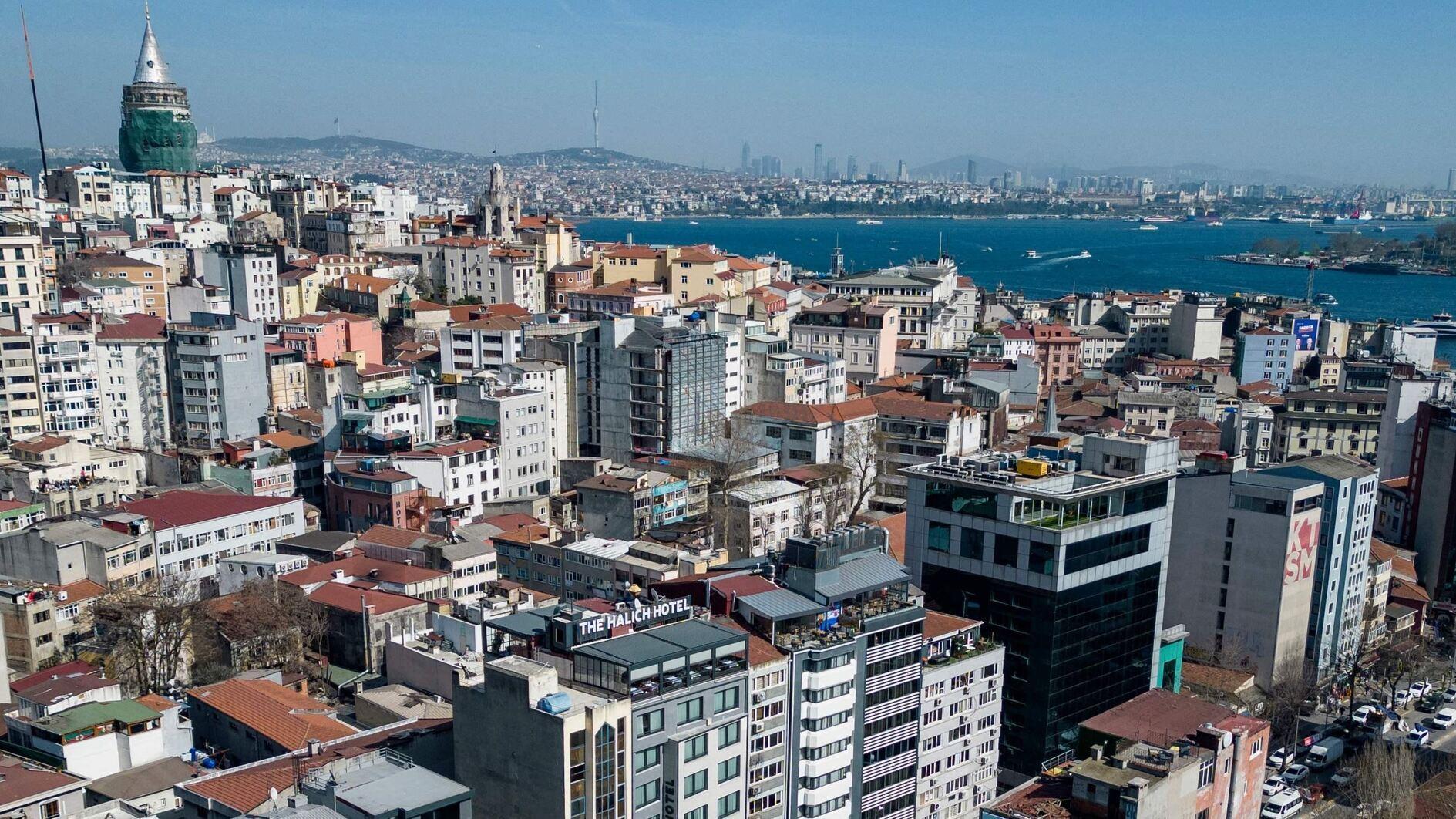
A prominent earthquake scientist has painted a grim picture for Istanbul's future at a panel on urban transformation, stressing that the city's vulnerability to a major earthquake threatens not just its own well-being, but Türkiye's economic and political standing as a whole.
Professor Dr. Naci Görür, a member of the Turkish Science Academy, addressed the event organized by the Istanbul Contractors and Businesspeople Association (İMİDER). Drawing an analogy between plate tectonics and a human heartbeat, Görür emphasized the inevitability of earthquakes, highlighting their role in the earth's natural processes. However, he cautioned against underestimating the destructive potential of earthquakes, particularly when it comes to infrastructure and the environment.
Beyond the immediate dangers of collapsing buildings and casualties, Görür warned of the long-term consequences of a major earthquake on Istanbul's infrastructure. Damaged sewage systems and disrupted water supplies could lead to widespread contamination and health risks.
“Earthquake is the biggest environmental disaster. If the environment is polluted, it is not possible for you to live a healthy life here. In other words, if your sewage bursts in an earthquake, if its pipes mix with the soil, if they mix with drinking water, you cannot live a healthy life,” he said.
The economic impact of the earthquake was one of the main themes of Görür's speech. He pointed out that the Marmara region, encompassing Istanbul, generates nearly 60 percent of Türkiye's Gross Domestic Product. A devastating earthquake, he argued, would inflict a crippling blow on the national economy, leaving Türkiye in a precarious position.
He also warned that an earthquake-stricken Istanbul, grappling with economic devastation, would be unable to maintain its economic and political autonomy. The city would become highly susceptible to external pressures and influences.
The panel discussion, which aimed to address critical issues surrounding Istanbul's urban transformation in the face of earthquake risks, also featured figures like Istanbul’s Eyüpsultan Mayor Dr. Mithat Bülent Özmen and İMİDER President İrfan Tutacak, alongside representatives from various associations.